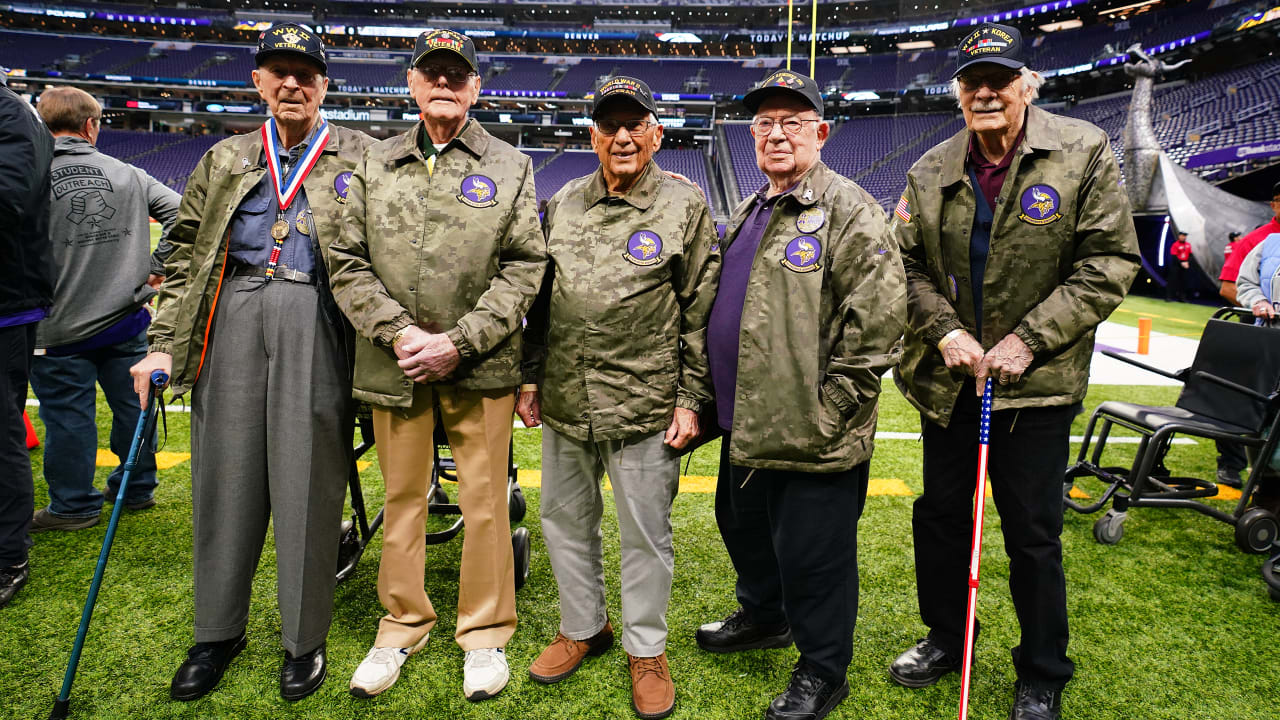Viktor
Well-known member
- Mar 19, 2019
- 2,552
- 0

Donald J. Halverson
Halverson grew up near Minnehaha Park and graduated from Roseville High School's Class of 1942. The following year took him from Fort Snelling to Camp Blanding in Florida, to Camp Robertson in Arkansas, to a stop on the East Coast to get his vaccinations for overseas and depart as a member of the 168th Regiment.
He left for Italy on Sept. 13, 1943, on a Liberty Ship — he joked it was a "cruise ship" — that soon became part of a convoy. It took 30 days to arrive in Naples, Italy, where he joined the 34th Red Bull Division.
"The next big project was crossing the Volturno River, and from there it was Mount Pantano," Halverson said. "One company was up there for about a week, and then we went up the second time for about a week. Another one replaced us for a week. After a fourth week, the Germans finally left the hill. Just a narrow plateau up there, throwing hand grenades at one another. The next thing was Cassino. Half of our company was gone there, most of my platoon."
Halverson said the mentality for two years was to overtake "one more mountain."
He was invited to Washington, D.C., last month to attend a wreath-laying ceremony at the World War II Memorial in commemoration of the 75th anniversary of the war ending in Europe.
Personal memories of D-Day
When the Allied Forces landed in France, the five veterans were at different points of their service or training.
"We were about halfway between Rome and Pisa when we heard they landed [in Normandy]. We thought it would help us. It didn't help us that much," Halverson said.
Holmstrom was not deployed until late 1944. He remembered being in church when the news spread.
"I belonged to the choir, and we sang songs," Holmstrom recalled. "We were so happy we were going to [make progress in continental Europe] and finish the war. We thought it would go a lot quicker than it did."
Rasmussen was in navigation school until August 1944.
"When I heard that they landed in France, I thought, 'Boy, I should be there for that big event.' … We didn't get to England until the first part of December of 1944," he said. "I kind of think that the invasion would have been the time to be here, but longevity-wise, I think I was lucky that I came to the war later because, earlier, we had some terrible losses. We didn't have to suffer those types of losses by the time we got over here."
Patten was already in Europe. He remembered seeing information about the invasion in a paper published by the Army.
"That was wonderful, but we didn't stop flying," Patten said. "We kept hitting targets, especially in Germany."
The War Ends
German forces surrendered in May 1945, but Japanese forces did not announce plans to surrender until that August.
When the fighting in Europe ended, the experiences were unique for the veterans.
Apfelbacher remembered American and Russian forces toasting with vodka before the forces were quickly separated as the drive for political control began.
"We were looking at the Swiss Alps when we got the call that the war was over," Halverson recalled. "There was a nice lake below us. We all stripped [down] and jumped in the lake. We had to stay up there because they had to rebuild the road to get us home."
Patten said an assignment after the war helped him transition, but the return home wasn't without difficulty.
"It was maybe a week after the war ended. I was called up to take a planeload of chaplains to the Holy Land," Patten said. "They converted a B-17, took all of the armament out and put seats on the side. I had 34 or 36 chaplains that I flew to the Holy Land. It was about a two-week trip, I guess, and that kind of got me away from the war. Then when I came back, instead of flying back, they put me on a ship and I came home on a ship that had a load of manganese ore in it. It was not a pleasant trip. Thirty-eight days to get here."
